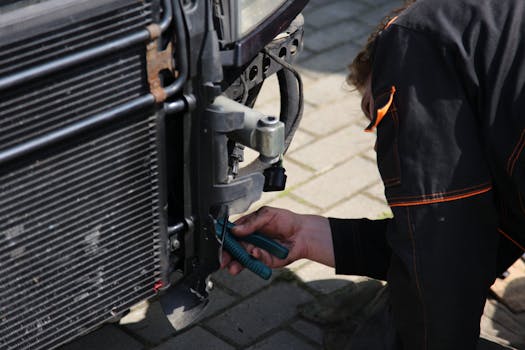
Product
Virtual Work Experience
Connect classroom learning to
real-world careers with our
interactive programmes
Sponsors
Partners
Company
Product
Virtual Work Experience
Connect classroom learning to
real-world careers with our
interactive programmes


